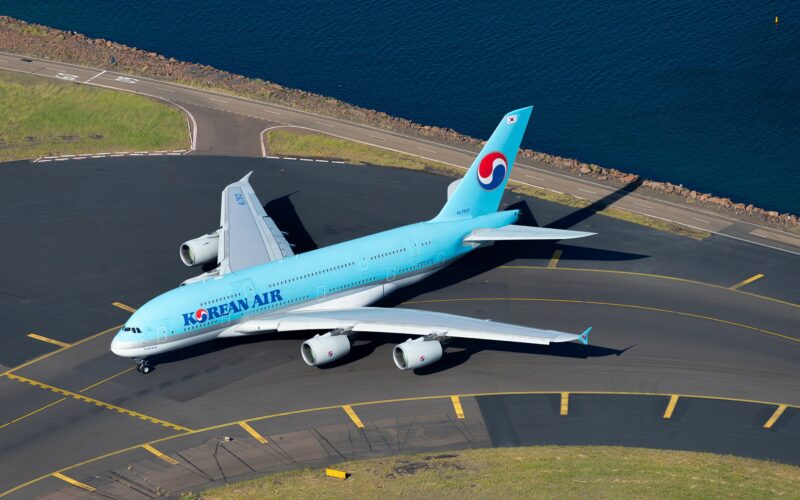The South Korean Nuclear Safety and Security Commission (NSSC) has clarified recent changes made to local laws aimed at protecting flight attendants from excessive radiation exposure.
According to South Korean news agency Yonhap News Agency (YNA), the country’s legislators will put a cap on the number of international flights cabin crew members can do in an effort to minimize their exposure to radiation. The new law will require airlines to review the number of flights and routes worked by individual flight attendants, aiming to reduce their exposure to radiation to 6 millisieverts (mSv) annually.
The NSSC, which monitors radiation in the living environment and produces an annual report, specified that flight attendants averaged a maximum dose of 5.42 mSv between 2017 and 2021, while the dose limit is 1 mSv.
The average exposure during the same period was 1.59 mSv per year. However, the period includes significantly reduced international flight operations during the pandemic.
If airlines fail to limit flight attendants’ exposure to radiation, they can be fined up to KRW6 million ($4,728). The law came into effect on June 11, 2023.
South Korea is home to two major international airlines, Korean Air and Asiana Airlines. The two carriers have proposed a merger, with the former acquiring the latter. However, the European Commission (EC) ruled against the merger, arguing that it would “restrict competition in the markets for passenger and cargo air transport services between the European Economic Area (‘EEA’) and South Korea”.
Another potential setback could come in the form of the United States (US) Department of Justice (DOJ) also ruling against the merger, with reports in May 2023 claiming that the DOJ could sue to block the two airlines from joining forces.

